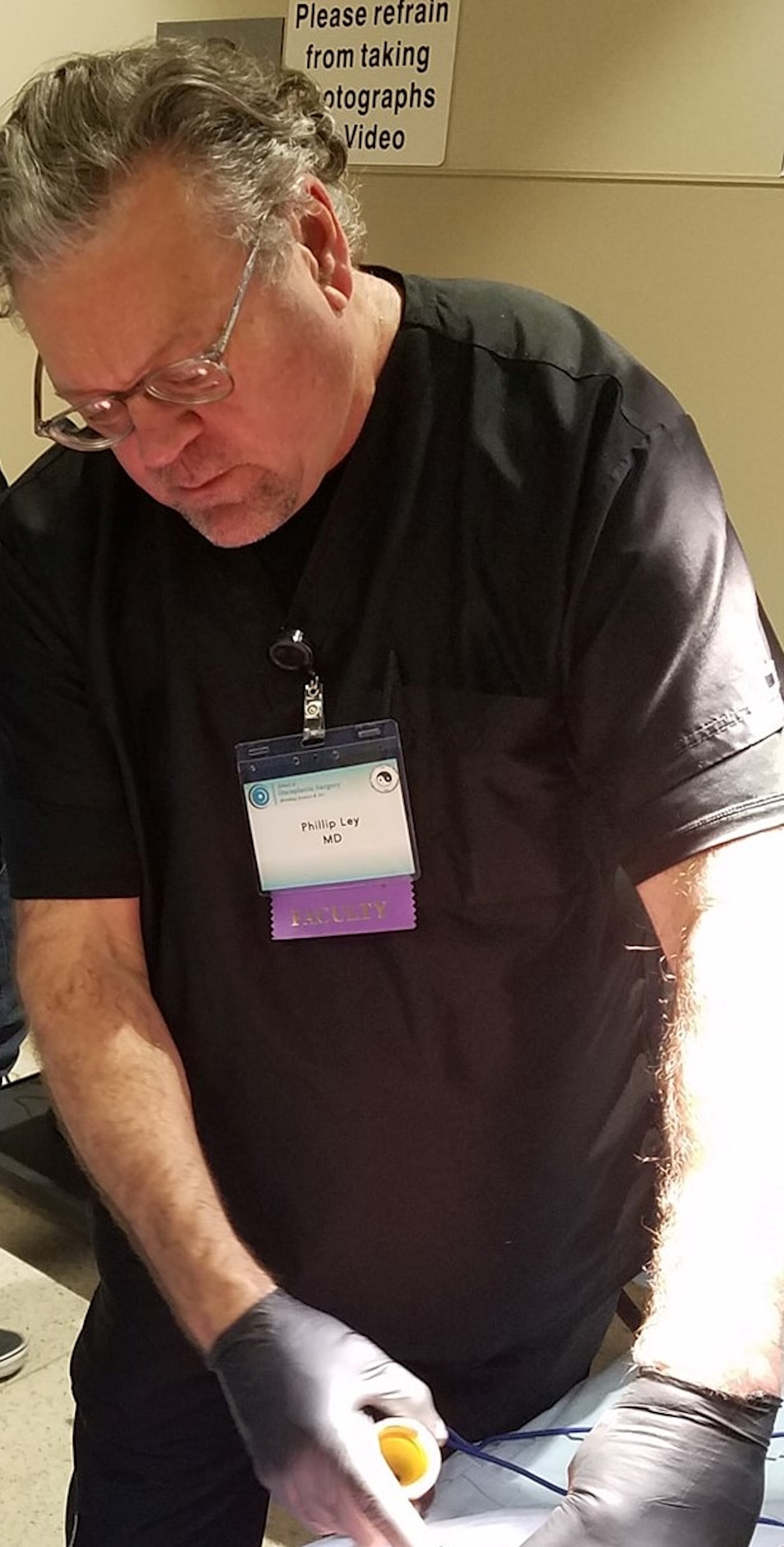The Truth About THC, Ivermectin, and Vaccinations in the Fight Against Breast Cancer

In an era of headlines, hashtags, and social media debates, it’s easy to get lost in conflicting claims about cancer treatments. Do THC or CBD products fight cancer? Could Ivermectin be the answer? And what about Covid vaccines and so-called “turbo cancers”?
To separate fact from speculation, Stroll Magazine spoke with Dr. Phillip Ley, a surgical oncologist who has treated cancer patients in Mississippi for nearly 30 years. Internationally recognized in his field, Dr. Ley now focuses primarily on breast and skin cancers.
THC and CBD
“There is zero evidence, in a clinical setting, that THC and CBD products effectively fight cancer,” Dr. Ley says. “I do not recommend these products in place of guideline-based therapies like chemotherapy, radiation, or surgery. That said, I don’t believe they are unsafe or interfere with treatment. I even use CBD creams myself for knee pain—but that’s a very different use.”
Ivermectin
Ivermectin, long FDA-approved for parasitic infections, drew attention during the Covid pandemic. Some reports suggest potential cancer-fighting benefits, but Dr. Ley stresses caution.
“While anecdotal reports exist, there are no large, controlled clinical trials,” he explains. “In cancer protocols I’ve seen, the doses are 10 to 15 times higher than what people typically take. Ivermectin is a safe drug, but the jury is still out when it comes to killing cancers. I would not recommend it alone.”
“While anecdotal reports exist, there are no large, controlled clinical trials,” he explains. “In cancer protocols I’ve seen, the doses are 10 to 15 times higher than what people typically take. Ivermectin is a safe drug, but the jury is still out when it comes to killing cancers. I would not recommend it alone.”
Covid and Vaccinations
The most controversial subject is a possible link between Covid vaccinations and rising cancer rates. “I personally believe the Covid vaccine has increased the risk of cancer,” Dr. Ley says. “There’s no published data to support my view—this is based on what I’m seeing in practice and what colleagues worldwide are reporting. We’re noticing more aggressive tumors, even in younger patients.”
Whether linked to infection, vaccination, or other factors, Dr. Ley stresses one certainty: “There’s no magic drug. Early detection remains our strongest defense. Routine mammograms and knowing your body—at any age—are critical.”
Breast cancer warning signs include:
- Breast Lump: The most common sign is the presence of a lump or mass in the breast, often painless but not always.
- Changes in Breast Size or Shape: Any noticeable changes in the size, shape, or appearance of one or both breasts.
- Nipple Changes: Look for changes in the nipple, such as inversion (nipple turning inward), discharge (other than breast milk), or sudden tenderness.
- Skin Changes: Pay attention to skin changes on the breast, like redness, dimpling, or puckering, which can resemble an orange peel texture.
- Breast Pain: While breast cancer is not typically associated with pain, some women may experience breast discomfort or pain, although it's not a definitive sign.
- Swelling: Unexplained swelling, warmth, or redness in the breast.
- Lumps in the Underarm Area: Lumps or swelling in the lymph nodes under the arm (axillary lymph nodes).
It's essential to remember that these signs may not necessarily indicate breast cancer, as they can be related to other benign conditions. However, if you notice any of these changes, it's crucial to consult a healthcare professional for a proper evaluation and, if needed, further diagnostic tests like mammograms or ultrasounds to rule out or confirm breast cancer. Early detection significantly improves the chances of successful treatment and survival. Regular breast self-exams and mammograms are essential components of breast cancer awareness and early detection efforts.